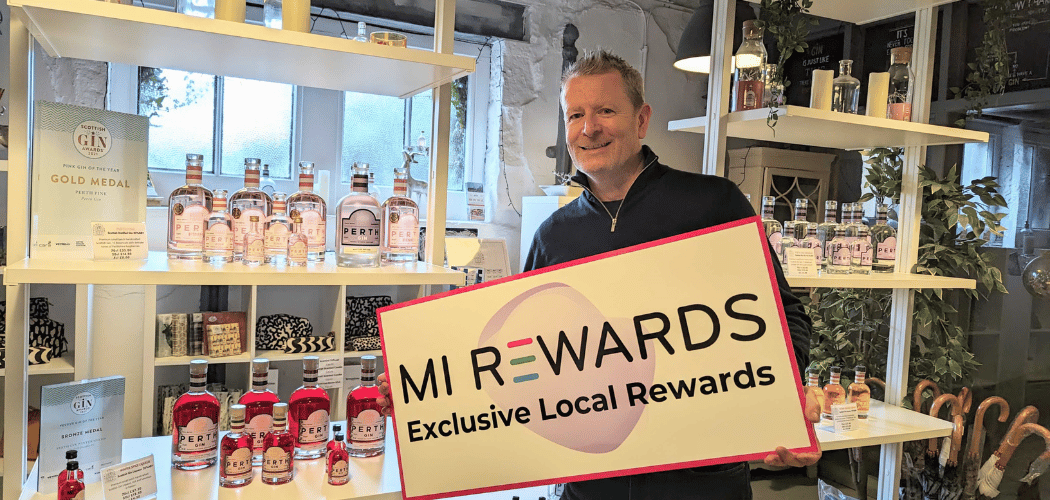The United Kingdom has become a nation of 'freebie hunters', and brands that make good use of promotional products as part of their overall marketing mix are likely to reap significant benefits, according to a survey of 1,000 British shoppers, commissioned by the BPMA for Promotional Products Week.
The study found that 3 out of 10 consumers (30%) have purposely changed their regular brand in order to receive a promotional product. In terms of the incentives required to incite disloyalty, nearly half of consumers (48%) said they would switch from their usual brand in return for free cooking accessories, and 42% would even switch brands for a free coffee mug.
Other items that have been successfully employed to persuade consumers to change brands include:
- Fizzy drink branded glasses (39%);
- A cuddly toy (34%);
- A cosmetic purse or tote bag (30%).
More men were found to be likely to switch brands for a coffee mug, while more women would switch brands for cooking accessories.
What gifts work?
Out of the promotional products that consumers have obtained and still use, 62% said they have a promotional pen, 35% have a free mug, 33% use a key ring, 25% wear a promotional t-shirt or sweatshirt, and 25% use a free drinking glass. Other items often used effectively include USB memory sticks, bags, caps and notepads.
The reasons why consumers keep promotional products were examined by the study. Most consumers (82%) said they keep such items because they are useful, while 24% keep them because they are relevant, and 20% keep them because they are good quality. Interestingly, 26% said they keep them for their novelty value.
Devious
The power and attraction of promotional merchandise is demonstrated by the surprising finding that almost one sixth of consumers would use devious means (such as giving out false personal details or gaining uninvited entry to a venue or event) to get these items. Almost two thirds of those accounted for their underhand behaviour because they felt the product would be useful to them.
The most popular item that consumers will act deviously to acquire are free branded toiletries, with one third conning their way into receiving them (33%). Other items obtained by cunning means include drinking glasses (31%), iconic items of clothing such as t-shirts or caps (30%), and towels (21%). Drinking glasses are a popular freebie with men, with two-fifths using devious means to secure one, while a quarter of women have been deceitful to bag a free soft toy.
Bold branding
Looking at branding on promotional products, nearly half (47%) of the consumers surveyed felt that 'significant branding' was acceptable, while one third (33%) felt that branding should be more subtle.
While it might be expected that younger people would be more fussy about the brand on a product, the results showed that the reputation of a brand would sway more than three quarters of 35-44 year olds (77%), while only half of 18-25 year olds would be influenced by it.
Nearly 60% of consumers said they are more likely now to keep freebies than they were before the recession began, and 10% said they would give a free branded product as a gift to a friend or family member (thereby driving brand awareness among not only the recipient but also among wider friends and family).
"This study shows why promotional merchandise remains popular with brands and end-users," concluded Gordon Glenister, director general for the BPMA. "If the right product is chosen to suit the target audience, then it is desired and kept by them, giving ongoing brand exposure."
|
More Info: |




